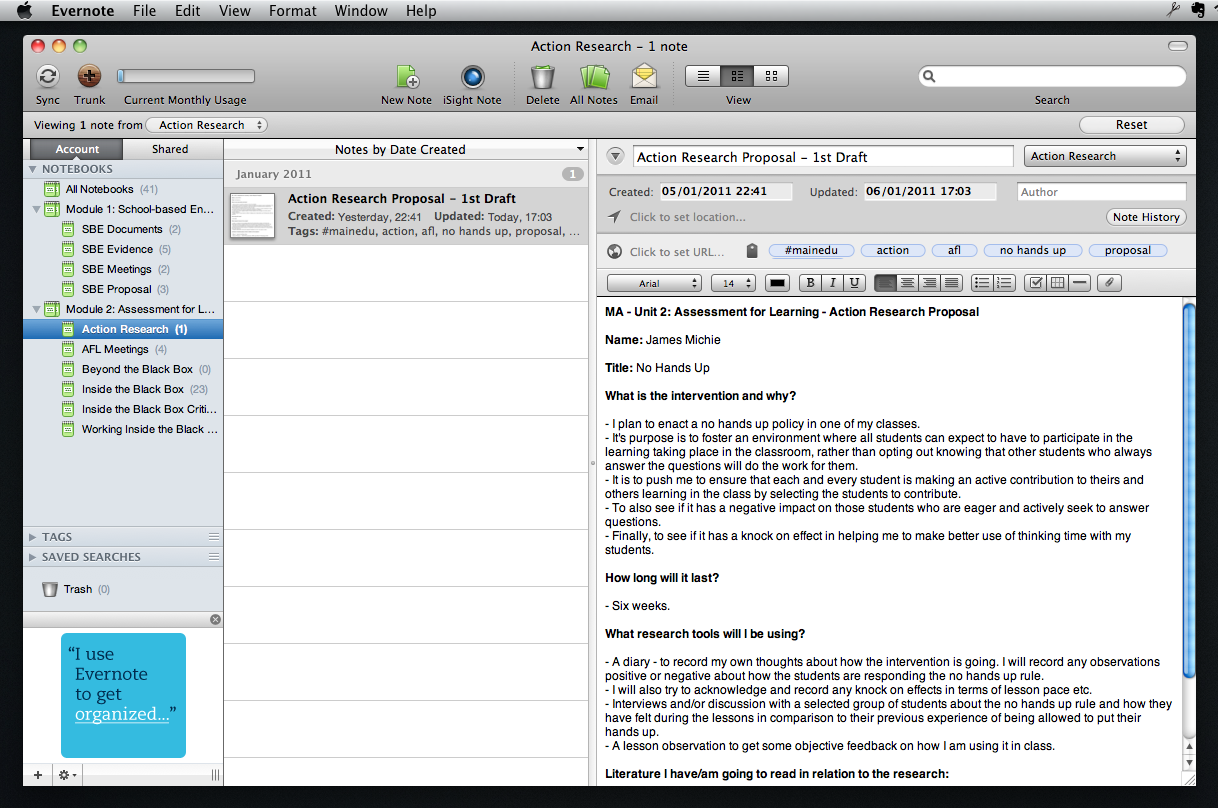The second year of writing and maintaining this blog was both the most rewarding and at times the most difficult. Rewarding, in that I believe my writing improved, the blog saw more traffic and consequently more meaningful discussions were generated. It also provided a useful space for me to share my latest journey; working towards an MA in Education. But, there in lies the rub. My commitment to both my actual job and the aforementioned MA made it difficult to find time to write; and resulted in extended periods of inactivity here on the blog. About this, I am philosophical. It was my decision to take these breaks and I am pleased with the progress I have been making with my studies. Moreover, some time away from writing here, did me good. I returned with renewed energy and a plethora of material to write about and share.
12 posts of note
I am going to keep the rest of this post brief. Here are twelve posts from the last twelve months that I think are worth reading. They are a combination of the most widely read (according to Google Analytics) and those that I enjoyed writing the most.
- Busting a hole in the wall (the purpose of education)
- Is it time for education to embrace entropy?
- Ceci n’est pas une pipe and the death of Media Studies
- Thinking Space
- Communicative Relationships: The Purpose of Assessment
- …on Learning Objectives
- Learning Taxonomies: Why ‘Creating’ is a Cognitive Skill
- Enough
- Why I Became an Early Riser
- Beware Walled Gardens – Part 1
- Beware Walled Gardens – Part 2
- 21st Century Literacy: Two Words
…on writing and maintaining a blog
I wouldn’t say that I have not learned anything new about writing or maintaining a blog this past year. But as my energies have often been engaged with other endeavours I will point you instead to the post I wrote one year ago today. I believe that it remains sound advice for fellow and aspiring writers/bloggers:
And with that, I will close. To use an American analogy, having gotten past the sophomore slump, I am looking forward to life as a junior.
Image cc: 500CPM on Flickr


